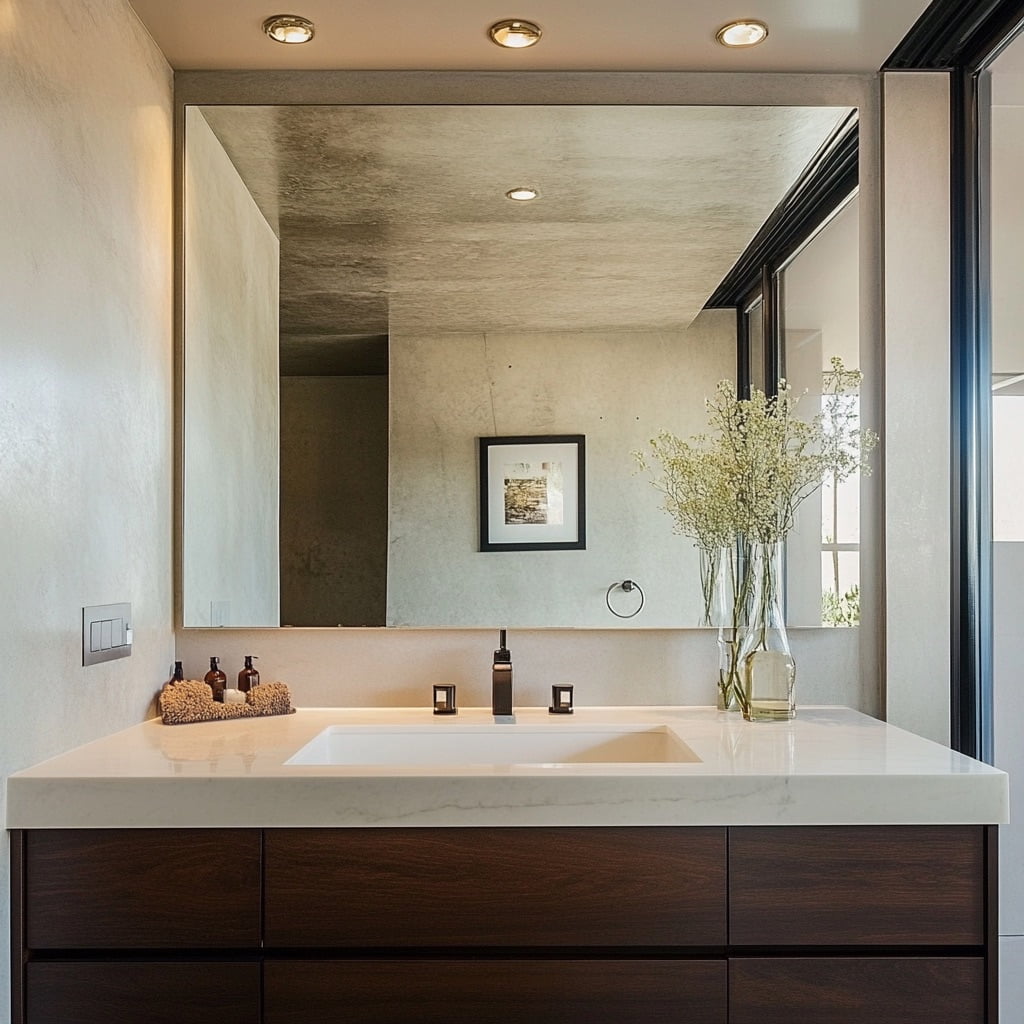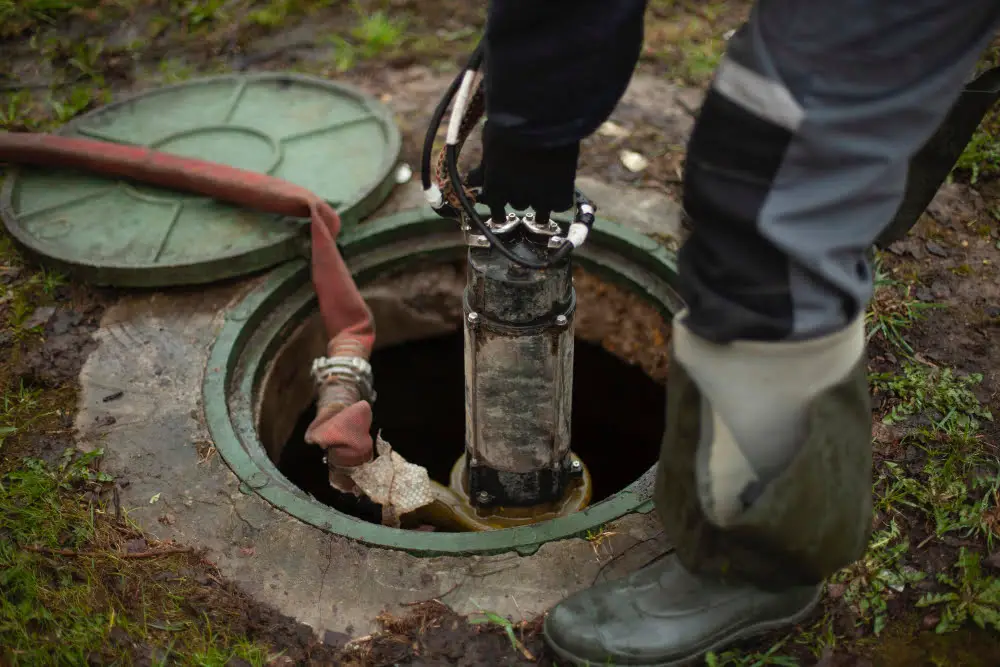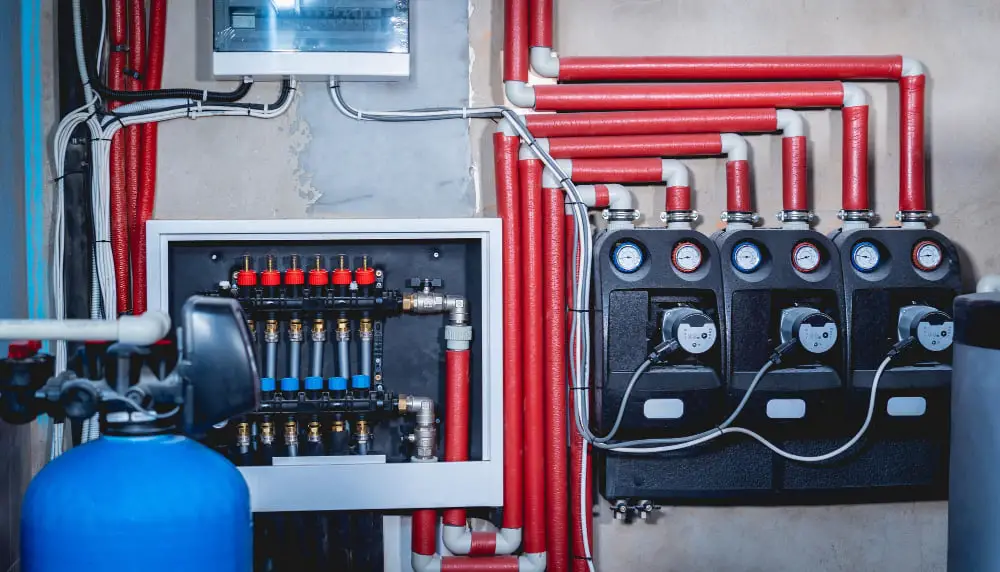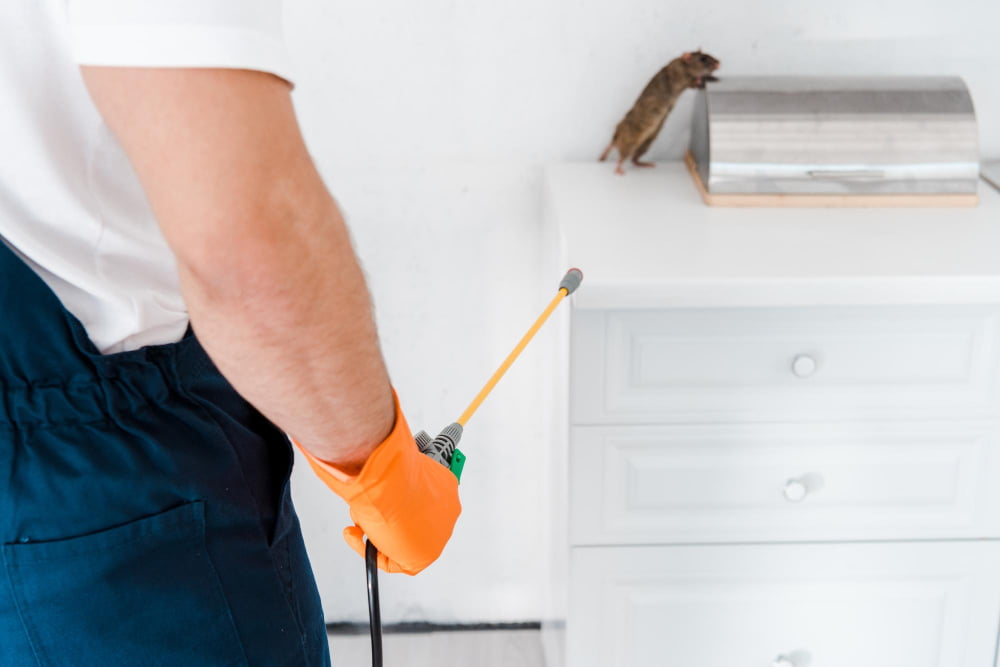Last updated on
Are you planning to construct a new building or renovate an existing one? Then you are probably aware of the many regulations and codes that need to be followed. Building regulations are essential for ensuring the safety, accessibility, and sustainability of any structure. However, navigating through these rules can be overwhelming and confusing.
Don’t worry; in this blog post, we will guide you through the process of ensuring your building follows all the necessary regulations. From obtaining permits to conducting inspections, we will cover everything you need to know to ensure a smooth and compliant construction or renovation project.
Work with Compliant Professionals
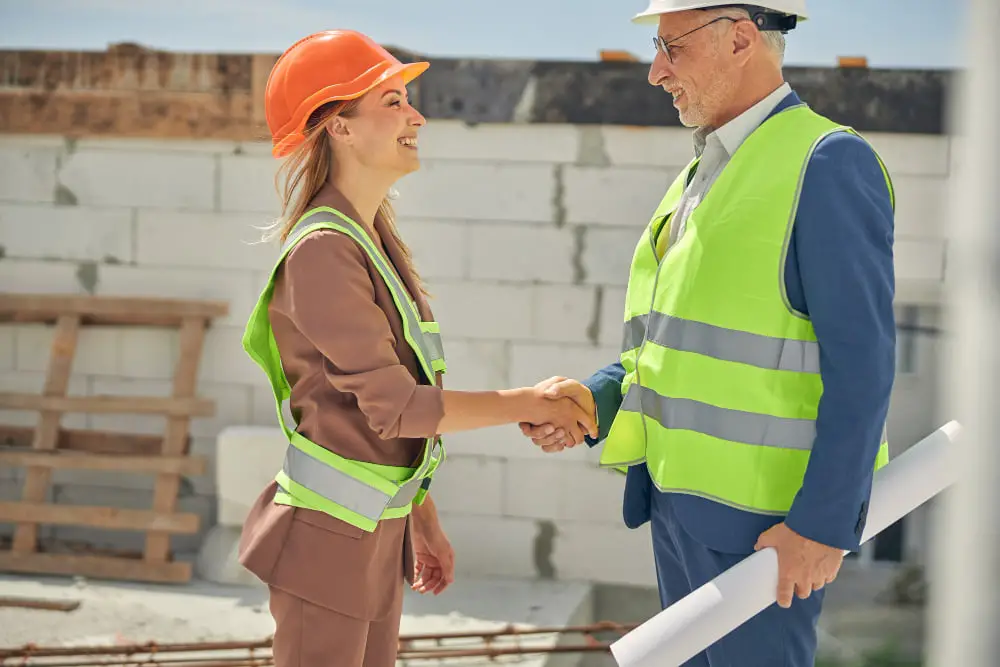
When it comes to ensuring your building follows all the necessary regulations, one of the most important steps is to work with professionals who are compliant and up-to-date with current codes and standards. For instance, as seen at sites such as upsideinnovations.com, the experts can provide valuable guidance and support in compliant access, egress, and canopy systems for all types of commercial buildings.
From architects to contractors, make sure all professionals involved in your project are knowledgeable about building regulations and have a track record of following them. This will not only ensure that your building complies with all necessary regulations but also help avoid any potential delays or penalties due to non-compliance.
Obtain the Necessary Permits
Before starting any construction or renovation work, it is crucial to obtain all the necessary permits from your local building authority. These permits act as a confirmation that your project follows all relevant regulations and has been approved by the authorities. Failure to obtain the required permits can result in costly fines and even legal consequences.
To ensure a smooth process, make sure to research all the necessary permits for your specific project and location beforehand. This can include building permits, zoning permits, environmental permits, and more. Working with a contractor who is familiar with the local regulations can also help in obtaining the necessary permits efficiently.
Follow Building Codes and Standards
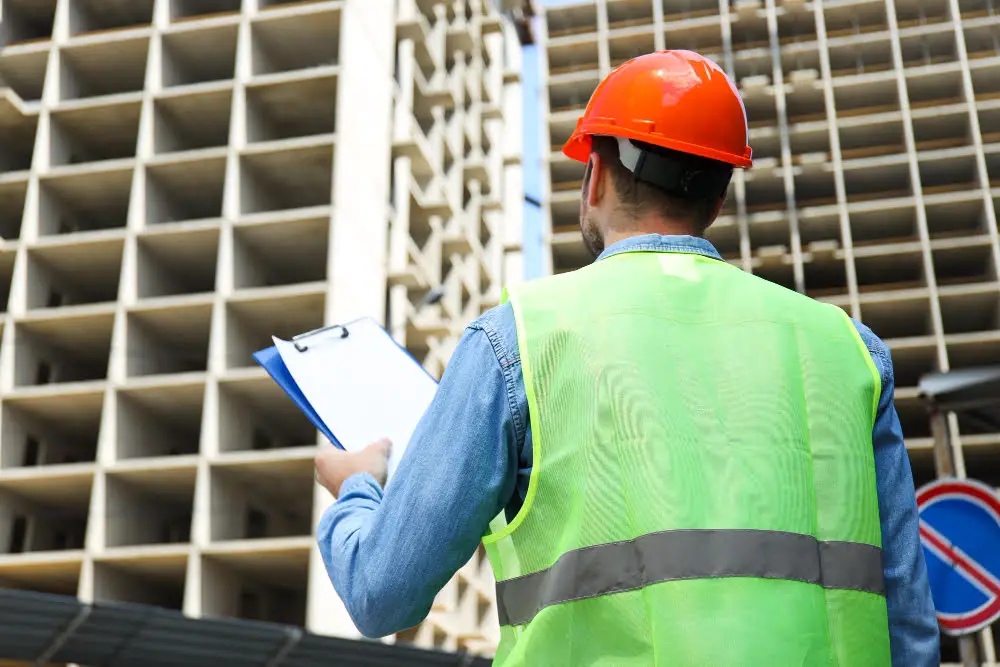
Building codes and standards are set guidelines that dictate how buildings should be constructed to ensure safety, durability, and functionality. These codes are constantly updated to keep up with advancements in technology, materials, and construction methods. To ensure your building follows all the necessary regulations, it is crucial to stay up-to-date with these codes.
Make sure to research and follow the latest building codes for your location and type of project. This can include fire safety, structural integrity, energy efficiency, and more. Following these codes not only ensures compliance but also helps in creating a safe and sustainable building for all occupants.
Comply with Fire Safety Regulations
One of the most critical regulations that every building must comply with is fire safety. This includes having proper fire exits, extinguishers, alarms, and sprinkler systems installed as per the local fire department’s regulations. These measures are crucial for the safety of all occupants and must be regularly inspected and maintained.
To ensure compliance, work with a professional who is knowledgeable about fire safety regulations and can help design and implement appropriate measures in your building. Regular training sessions for employees or occupants on fire evacuation procedures can also greatly improve the overall safety of your building.
Ensure Accessibility for All Individuals
Another crucial aspect of building regulations is ensuring accessibility for all individuals, regardless of their abilities. This includes following guidelines for wheelchair access, ramps, elevators, and more. These regulations not only promote inclusivity but are also legally required in many places.
To ensure compliance, make sure to research and follow the latest accessibility standards for your location. This can include the Americans with Disabilities Act (ADA) in the US or other local regulations. Working with professionals who have experience in designing and implementing accessible structures can also greatly help in ensuring compliance.
Conduct Regular Inspections and Maintenance Checks
Even after your building has been constructed or renovated and deemed compliant, it is essential to conduct regular inspections and maintenance checks. This not only ensures that your building continues to meet all necessary regulations but also helps identify any potential issues before they become major problems.
Make sure to schedule routine inspections with qualified professionals who can assess the overall safety and functionality of your building. Regular maintenance checks for fire safety systems, elevators, and other crucial components should also be conducted to ensure they are in proper working condition. This will not only keep your building up to code but also promote the safety and well-being of all occupants.
Ensuring your building follows all the necessary regulations is crucial for creating a safe, accessible, and sustainable structure. By working with compliant professionals, obtaining the necessary permits, following building codes and standards, complying with fire safety regulations, ensuring accessibility for all individuals, and conducting regular inspections and maintenance checks, you can ensure a smooth and compliant construction or renovation project.
Remember to stay updated with any changes in regulations and always prioritize the safety and well-being of all occupants.
Recap

